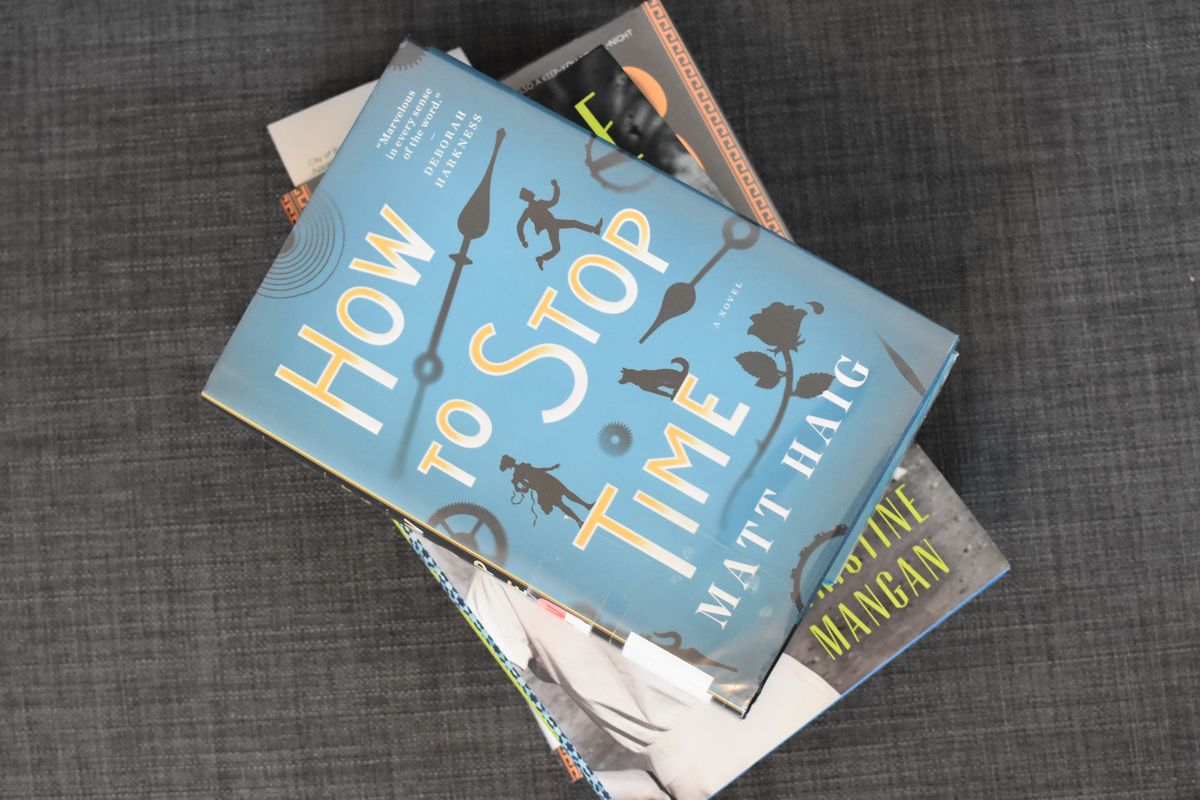
The descriptions aren’t too much (I don’t visualize when I read, so I appreciate the sparseness), yet it isn’t clinical either. The prose in this book just works for me on a level I seldom see. Tom is not a bad guy-I’d go so far as to say Hendrich is not a bad guy either, just that his methods are questionable-but he gradually accepts Hendrich’s perspective, at least for a century. We see Tom slowly developing his own morality, the way his time with Hendrich influences and warps that morality.

Instead, we see a man just emphatically trying to live his life, and finding it very difficult, on account of all the not-aging. Haig balances the intersection of Tom’s life with persons of historical interest and realism there’s always a temptation with these kinds of narratives for the protagonist to have been this instrumental figure in history or something, and I usually don’t like that. We flit back and forth between “now” and Tom’s past, see him cozying up to Shakespeare or playing piano in London and Paris or sailing to Tahiti.

Haig uses an intermittent flashback structure to good effect. Also, Tom has a daughter who inherited his longevity but of whom he lost track in the seventeenth century. He really just wants a normal life, even if that might forever elude him. Now, four hundred years on, Tom is part of a secret society of his fellow “albatrosses”, yet he isn’t a big fan of how the society operates. He made the mistake once of falling love, and of course that didn’t work out great. So while not immortal, he can’t exactly have a normal life.

Tom was born in the late 1500s and ages very, very slowly. In short, this is the kind of romance I will tolerate and the kind of story that is perfect for sitting on one’s deck and reading all Sunday afternoon. It has moments of deep, abiding sadness and grief, yet it also rides to the zeniths of happiness and satisfaction. There’s a sliver of that beautiful British humour, yet it never pitches over too far into the absurdity of, say, Christopher Moore-which is not a bad thing for Moore, but for this particular story, would have been over the top. Matt Haig hits just the right buttons for me. How to Stop Time is an unexpected jewel of a book.


 0 kommentar(er)
0 kommentar(er)
